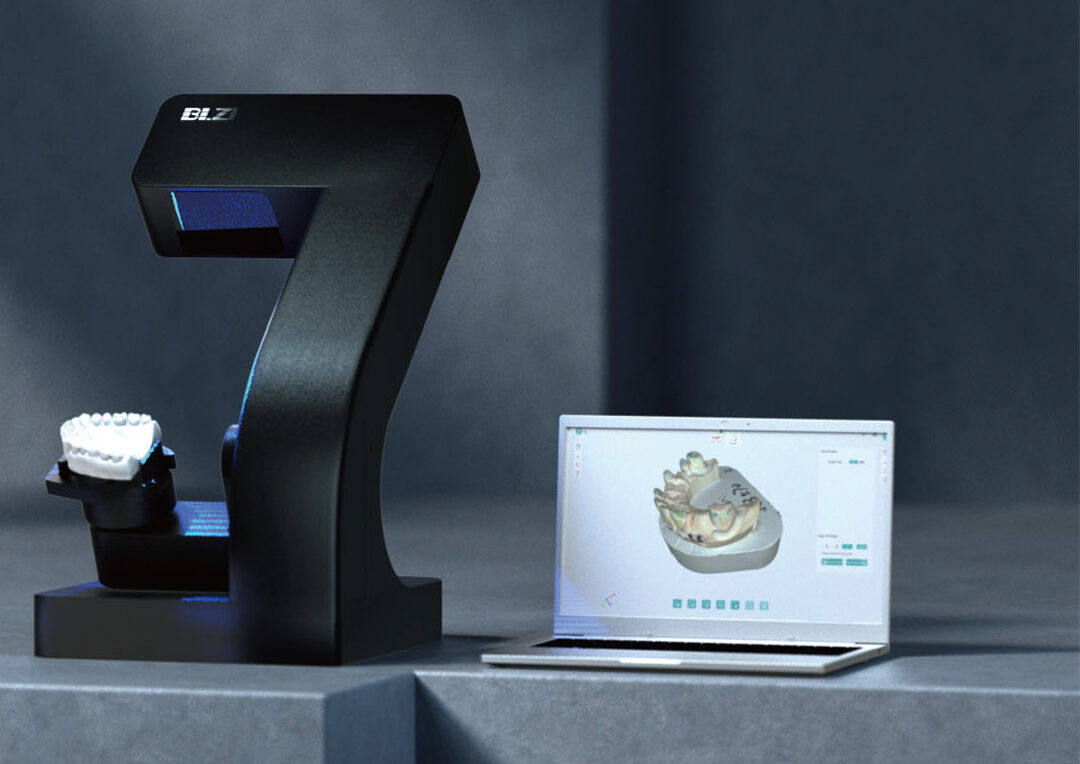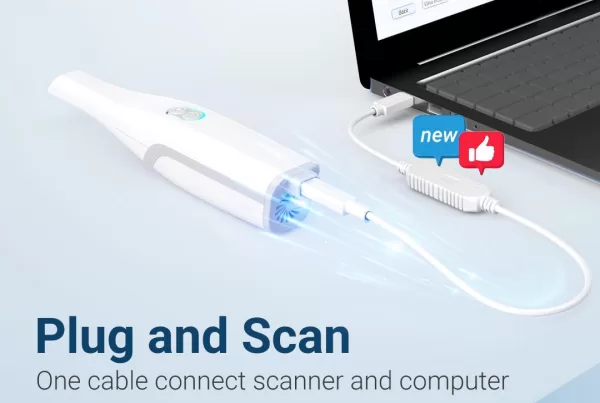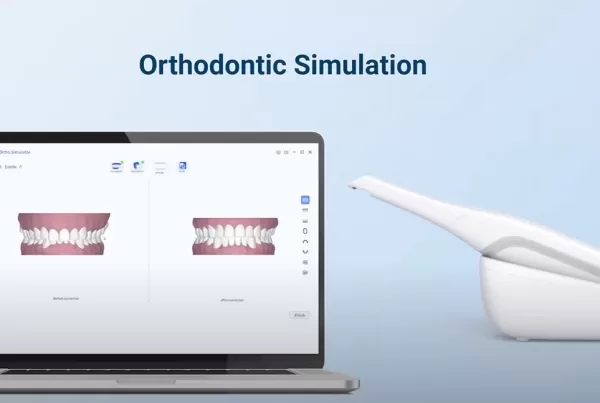
Digital dentistry has improved tremendously by providing accurate and skillful work that is beneficial to the patient and the practice. Although with each passing year, more labs are making the switch, leaving the traditional methods behind them. Laboratory technicians may have several questions and hesitations before going digital.
1. What is a digital dental lab?
A digital dental lab is a place that can manufacture and design restorations using digital techniques. To be digital-ready, a dental lab has to have the ability to design, print, and mill. There have to be skilled technicians to create the design using up-to-date software and hardware that is fast and efficient. At the same time, owning digital equipment that is virtually mistake-free when creating digital restorations is crucial for digital dental labs.
2. Improvements In Digital Dental Labs
A dental lab supported by digital technology will help technicians to achieve effective workflow. It unlike traditional dental work that requires many processes and workforce. It will reduce the cost of production and time spent on manufacturing. And if a lab equips with a cutting-edge scanner, it will improve accuracy significantly in dental restorations.
3. Things to Consider
The transition from conventional to a digital lab means you’ll have to make changes to the way the office has been operating. This is far beyond just acquiring digital devices and a computer system. There are a few things you should consider before going for it.
-
Cost—Can I afford to go digital?
There are times when purchasing the latest technology just simply doesn’t fit within your budget. But thinking something is too expensive without looking at options will prevent you from taking the step and switching over to something new. The ROI (return on investment) is the more important factor to consider. Additionally, different products have different prices. So by shopping around, you may find one that fits your budget. If your lab will be able to quickly make up for the initial equipment cost, then the initial cost may no longer be a true issue.
-
Brand Choice—How do i get the right system for my lab?
The choice of scanners, for example, available today is almost overwhelming. In order to determine which is right for you, you must understand what will fit your lab the best? Are you looking at an open or closed system? Generally speaking, a closed system costs you much more in the long run, plus, you can only offer the product allowed by your equipment supplier.
-
Learning curve—Will it be too hard to switch to the digital methods?
Using technology without actually knowing how to fully use it could be detrimental to your lab. You need to understand how to use the design software, CAD, to help make restorations. In addition, comprehending milling skills by using the machining software, CAM, is crucial. If you have a CAD/CAM expert in the lab, it will provide you with the skills needed to produce quality restorations.
-
Marketing—How can I make my ROI?
Spending the time to foster and mature relationships with your clients. That may be in the form of increased units from existing customers or establishing new accounts. Informing the clinics that you are now offering new products and can help with creating the perfect restoration without errors. Or make some promotional materials, visit local dentists with special offers, etc.
Knowing these considerations, what should you do next?
If it is still hard for you to abandon the conventional way of doing dentistry, you can start incorporating digital technology to improve the current system. A lab scanner is a good choice as the entry of digital dentistry.
Nowadays, there are many different brands available on the market. First, you should be fully aware of the differences between brands. There is information all over the place, including reviews and how-to videos. From there, you will gain the most intuitive and realistic understanding of the products. After you make a choice, familiarize yourself with the equipment. Understand how to use the programs to their full capacity. After this point, focus on developing strong relationships with your clients and partners. Make sure they also know the importance of going digital and understand how everything works. If you keep these tips in mind, your lab will quickly adapt into the digital world of dentistry.
Are you looking for a high-quality dental lab scanner for your lab now? BLZ Dental is a professional dental manufacturer, specializing in dental digital solutions. We have launched the fastest full-color lab scanner LS100. It can have a full-color dental model with texture in 10 seconds. Without post-processing time between each step, the whole scanning process only takes 2 minutes. Including occlusion, upper arch, lower arch and die. The scanning experience will be greatly upgraded. If you are interested in it, don’t hesitate to contact us!

